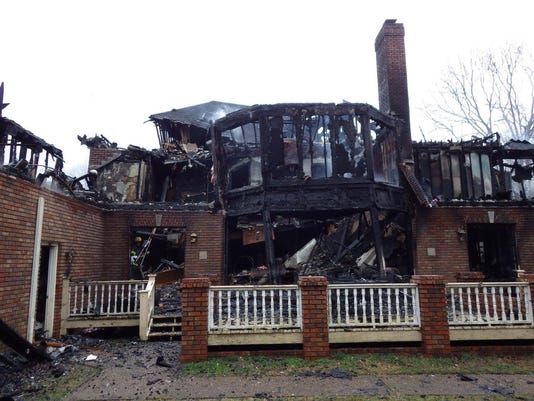Data may be the biggest business there is these days. The speed of modern computers permits them to mine voluminous data sources to find correlations simply unfindable and unthinkable not many years back. Perhaps unsurprisingly, the data itself says that data is vital to decision making. According to that data, data-driven organizations are many times more likely to keep customers and be profitable. That shouldn’t shock anyone. Quantification turns the vagaries of hunch and intuition into measurable facts. The advent of the computer simply permitted the beginning of the full realization of the potential of data use. Why, then, has the legal profession, which represents some of the largest, most profitable, data-utilizing organizations in the world, lagged so far behind in becoming data-driven as well?
Tradition and Transformation
Simple tradition is one answer often given. The law is steeped in it. The traditional law firm structure has been blamed. Mark Cohen, in Forbes, called the transition occurring now to more customer-centered structures, one from guild to marketplace. This transition is being driven by a number of factors. Areas of expertise long monopolized by attorneys are now being digitized and utilized directly by consumers. Lower-level legal functions are increasingly being handled by a paralegal or other legal functionaries. There is a definite movement among larger corporations to utilize in-house legal departments and coordinate corporate data functions with legal matters. As Cohen puts it, the legal delivery system pyramid has been turned on its head. All of these changes are eroding the traditional law firm’s old familiar structures and ways of doing business.
Data into Information
Causation is complex and almost never completely transparent. Regardless, increased use of data analytics will doubtlessly continue to transform the legal profession, as the medical profession has been changed, with more specialization and democratization of knowledge. That transformation is visible and already underway. Without context, data means little. To be properly utilized, data has to be set into a framework and turned into information. That information, if valid, can find hidden correlations of value. It can help predict the desires and needs of consumers in the future, and point to ways to meet them. The most innovative and knowledgeable in the legal industry, in general, and the most effective utilizers of data, in particular, will have, by far, the best chances to survive and prosper.












